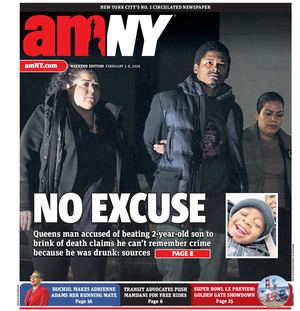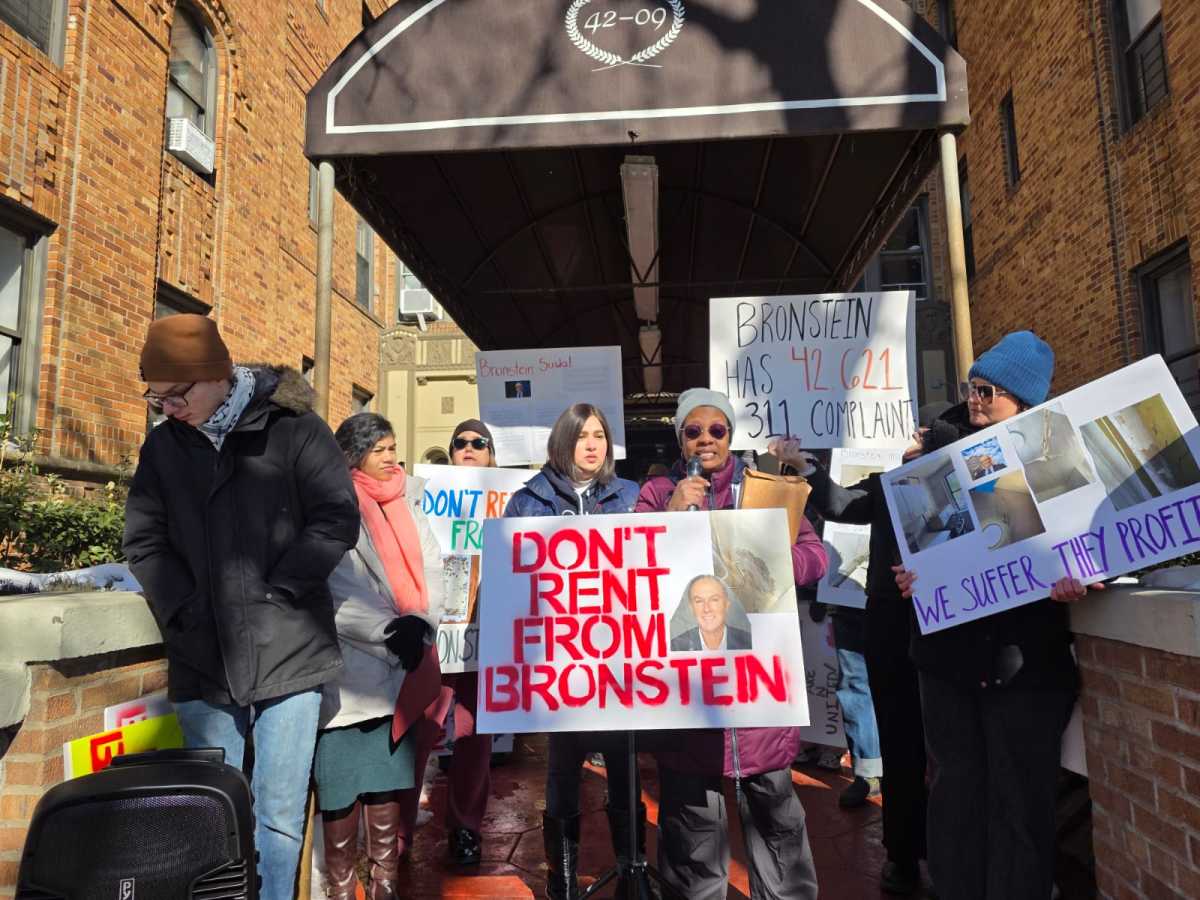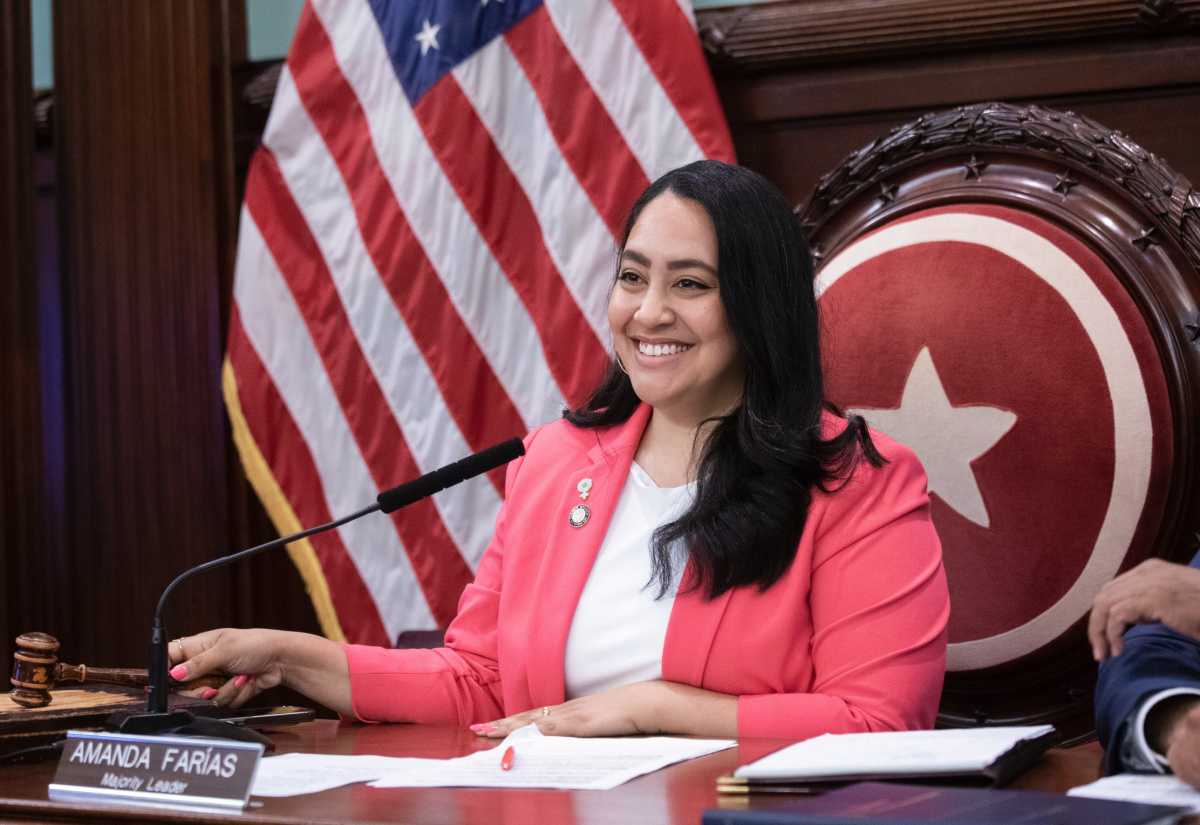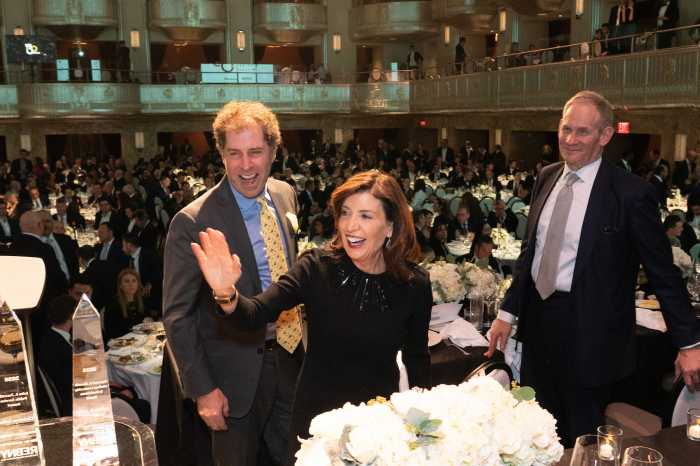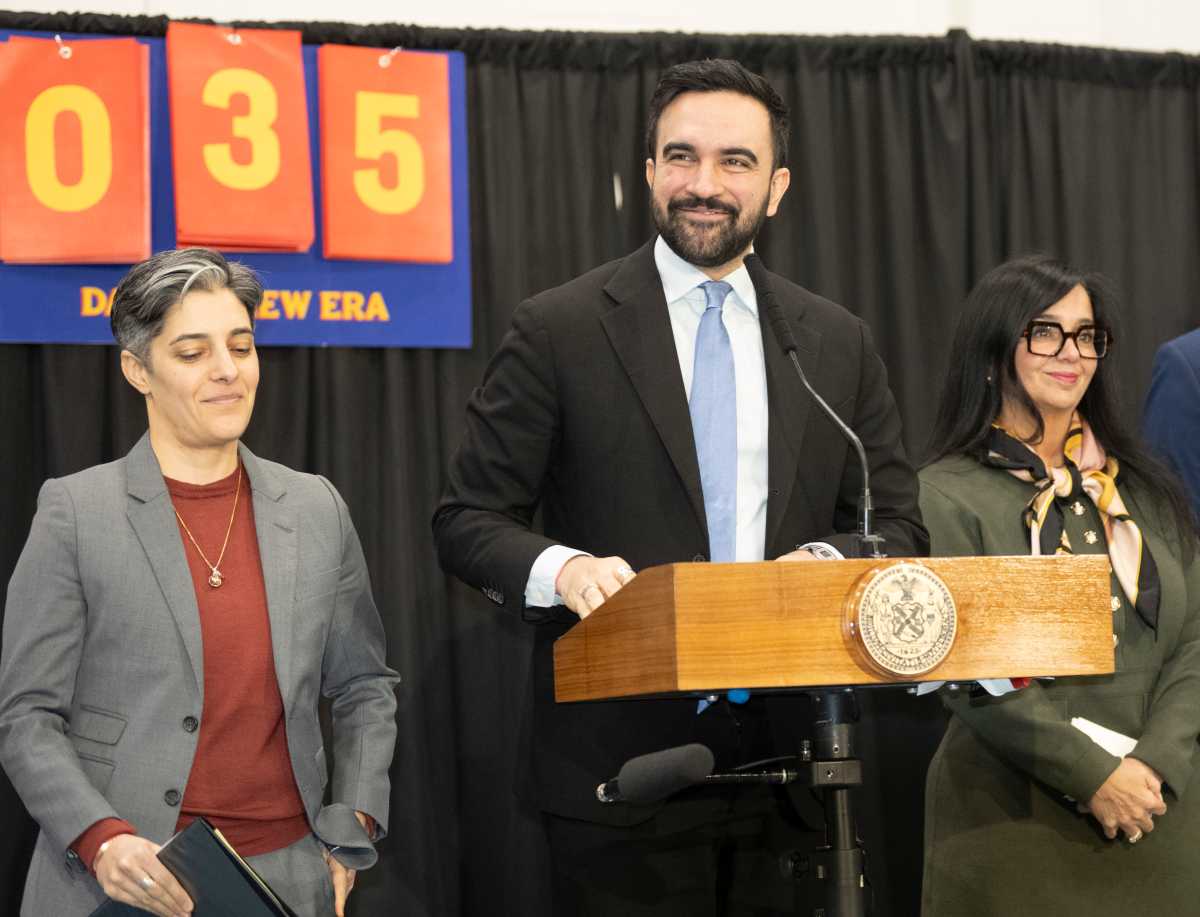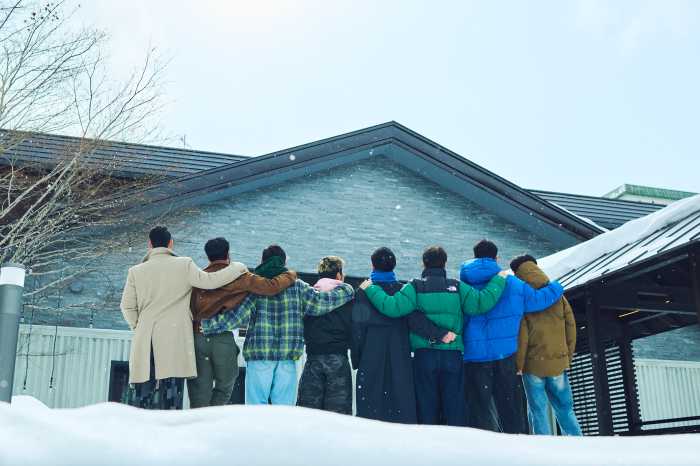Joseph Morelli, 44, just wants to be alone.
But the privacy-craving sales executive — digging out from a financial free-fall from when a previous company he worked crashed — says that sharing his Carroll Gardens rental duplex with three roommates is the only way he can make it in New York City.
Sharing one’s home is “horrible for dating,” Morelli admitted. The wacky charms of communal living — exalted to comic effect in TV shows such as “The Odd Couple,” “Friends,” and “2 Broke Girls” — lose their luster with age, Morelli said.
His consolation? “I’m not the only person in this situation.”
Indeed. While only 236,301 city residents identify themselves as living with unrelated roommates or boarders who are not romantic partners, according to the 2012 American Community Survey, an increasing number of the nearly 3.7 million New Yorkers at least 40 years old are thought to be among them. Forty, 50 and 60-somethings seeking roommates who don’t “bring the party home” are liberally sprinkled through Craigslist. Others in that demo seek arrangements through intermediaries and Facebook. And many older singles who don’t have a romantic partner’s second salary now find it de rigueur to find a “rent partner.”
Welcome to what social work professor and researcher Amy Castro Baker describes as the worst affordable housing crisis the city has faced in 30 years. An April report by city Comptroller Scott Stringer concluded the median apartment cost has risen 75% since 2000 while real incomes declined by 4.8% – and called for new programs to address the dire housing shortage for families making $40,000 a year or less.
Rise (pronounced “Reesa”) Shamansky, 63, makes just about that as an administrative assistant for a non-profit. Rent on her stabilized Kew Gardens two-bedroom is only about $1,000 a month — a great price on the open market, but a stretch for Shamansky, who has a graduate degree. Shamansky rented out the master bedroom to Julie Jackson, 55, who works two jobs, for $565 a month via the Senior Citizen Foundation’s Home Sharing Program – which has seen a tripling of people seeking housing since 2008. “I didn’t have a roommate in my 20s, 30s, or 40s,” Shamansky recounts, but “more and more people will be doing what I decided to do,” if they want to remain in NYC, she predicted.
While both women would prefer living alone, they agree they’ve learned to enjoy each other’s company and now share meals, outings, and holidays. The “breathing room” afforded by split housing bills has proved a godsend, Shamansky said.
Sharing her stabilized two-bedroom in Kew Gardens with a 70-year-old roommate found via the Home Sharing Program “allows me to stay in New York,” said Lynn Samuels, 66. “I love New York! I love the culture!” but the price to enjoy it is sharing her home of 46 years. That reality “is what life is about right now,” said Samuels, who is widowed and disabled.
Older people double and triple bunking “is a sign of desperation and a sign we need structural change in how housing is delivered,” said John Arena, an assistant professor of sociology at CUNY College of Staten Island. “These are individual solutions to structural problems,” best remedied by a massive increase in public housing, Arena continues. Public-private partnerships and “market incentives (for developers) have been a disaster,” Arena said.
Others have observed that housing crunch contributes to an extended adolescence or “failure to launch” for 30 and 40-somethings — especially those in non-lucrative professions without inherited wealth — who forego forming their own families. Their older cohorts are working so hard to cover housing costs “their bodies are breaking down and they are becoming disabled before they become eligible for Medicaid and Social Security,” added Castro Baker, who was recently hired as an assistant professor at the University of Wyoming.
If New Yorkers are anything, they are especially creative copers who make the best of difficult situations.
Rennie Cuyugan, 50, a building manager who shares his three bedroom, one-bathroom Harlem apartment with a 29 and 46-year-old roommate loves living with friends. That’s good, because “the rules of normal living don’t apply to NYC: It has rules unto itself,” he said.
Lucky for him, Cuyugan is not all that interested in a monogamous relationship (“that’s maybe 50 on my bucket list”). But he is “a social person and I love the ability to talk and discuss issues and go to the movies,” with ready-made companions.
Roommates not only come in handy when you’re looking for someone to blame for that missing vegetable peeler, but can expand your vistas, expose you to underground bands, restaurants, and art exhibits you’d never know about otherwise and enrich your life, d Cuyugan said.
His “stellar credit” means he is usually the lease holder and his lengthy life experience has equipped him to avoid roommate disasters. Cuyugan grills prospects (who he obtains via referrals) on their bed times and social habits and always asks “‘what is the time differential between the time you create dirty dishes and the time you put them back?’ I’m looking for something under 24 hours. Some people say ‘a week.'”
